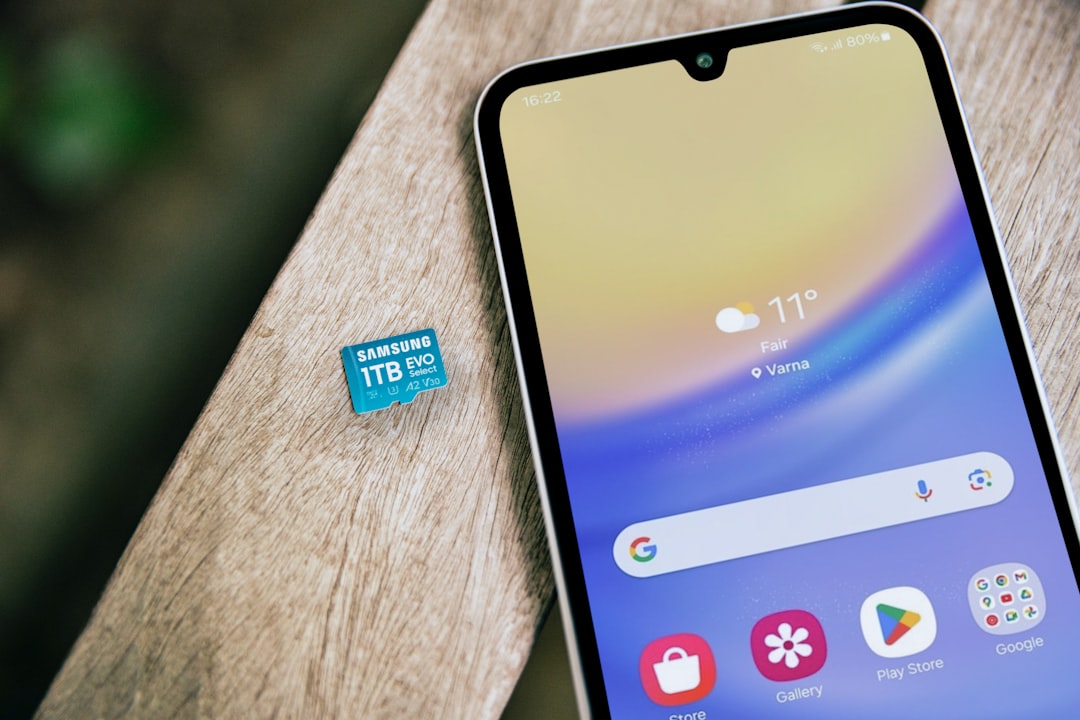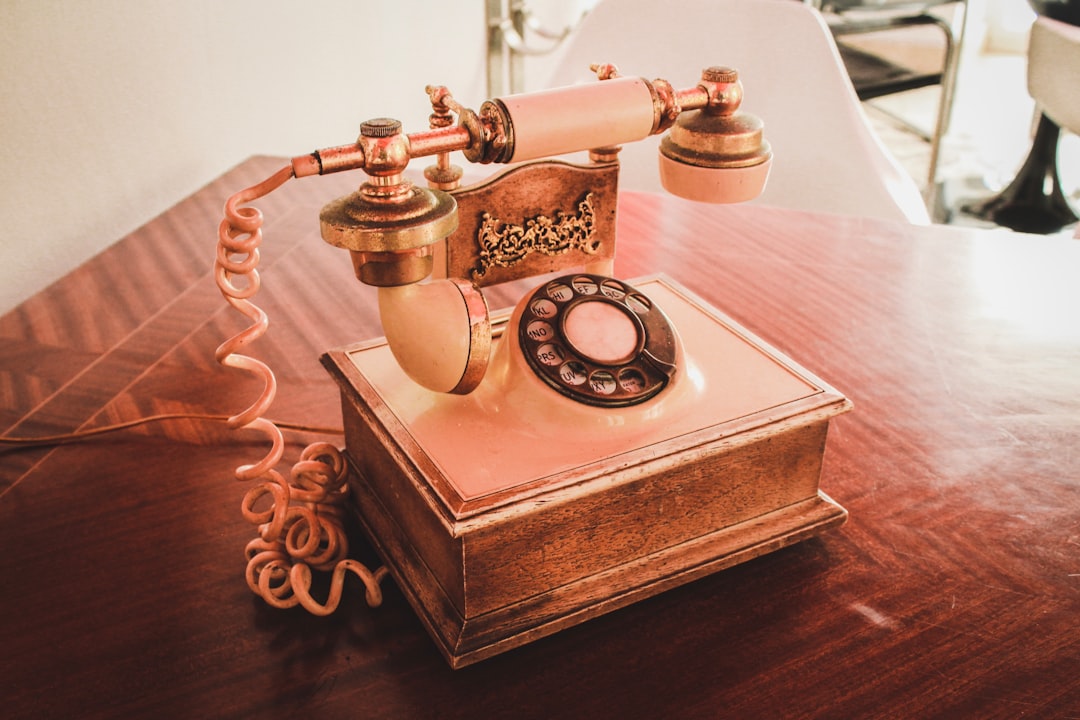In Iowa, the Unwanted Call Law (Do Not Call Registry) restricts robocalls from law firms, prioritizing residents' privacy and consumer protection. This law bans marketing calls without explicit consent, allowing Iowans to opt-out easily. Residents can report illegal robocalls to the Iowa Attorney General's Office. By registering on the national Do Not Call list, using call blocking features, and updating phone number exposure, Iowans can minimize unwanted calls from law firms, safeguarding their privacy and peaceful voting experience.
In the digital age, Iowa residents are increasingly plagued by unwanted robocalls. This guide arms you with essential knowledge about Iowa’s robust unwanted call laws designed to protect citizens from intrusive automated calls. From understanding the legal framework governing robocalls in Iowa to knowing your rights and effective ways to stop them, this article is your go-to resource for navigating this modern nuisance. Explore key aspects, including which organizations are banned from robocalling and the impact on Iowa voters.
Understanding Robocalls and Their Legal Framework in Iowa

In the digital age, robocalls have become a ubiquitous part of everyday life for many Iowans. These automated phone calls, often used by law firms and other businesses, are designed to reach a large number of people simultaneously. However, they can also be a nuisance and a source of frustration, especially when they’re unwanted. Iowa has specific laws in place to address the issue of robocalls, particularly those from call law firms. The state’s Unwanted Call Law (also known as the Do Not Call Registry) provides residents with a way to opt-out of certain types of telemarketing calls, including those from law firms seeking new clients.
Under Iowa law, robocallers must comply with strict regulations to ensure consumer privacy and protect against excessive or intrusive calling. This includes obtaining explicit consent before placing automated calls and providing an easy mechanism for recipients to opt-out of future calls. Residents who believe they’ve received illegal robocalls from law firms can file a complaint with the Iowa Attorney General’s Office, which has authority to investigate and take action against violators. Understanding these legal frameworks is crucial for every Iowa resident aiming to protect their privacy and avoid unwanted phone marketing attempts.
Who is Protected by Iowa's Unwanted Call Laws?

In Iowa, the protections against unwanted calls are designed to safeguard all residents from intrusive and harassing telemarketing practices. These laws apply to both telephone sales calls and robocalls, covering a wide range of communication methods. The Unwanted Call Law firms in Iowa ensure that individuals’ privacy is respected by limiting the types of calls they receive. Homeowners, renters, and even cellular phone subscribers are all protected under these regulations.
This legislation is particularly relevant for Iowa residents who may face an influx of automated sales calls, often known as robocalls, due to their phone numbers being randomly selected for marketing campaigns. The law provides a framework to opt-out of such unwanted communication, offering peace of mind and control over one’s personal data in the digital age.
What Types of Organizations are Banned from Robocalling in Iowa?

In Iowa, the Unwanted Call Law (also known as the Do Not Call Registry) restricts robocalls from certain organizations. Specifically, law firms and collection agencies are prohibited from making automated phone calls to residents who have registered their numbers on the state’s Do Not Call list. This means that if you’ve opted out of receiving such calls, law firm robocalls promoting legal services or debt collections are illegal in your state.
The ban aims to protect Iowa citizens from intrusive and often misleading automated phone marketing. It ensures that residents can enjoy peace of mind, knowing their privacy is respected, and they won’t be subjected to unwanted calls from these specific types of organizations.
How to Stop Robocalls Effectively in Your Iowa Home

To effectively stop robocalls in your Iowa home, start by registering your number with the national Do Not Call Registry. This federal database prohibits telemarketers from calling residential phone numbers that are registered. You can sign up online or over the phone at 1-888-382-1222. Additionally, many telephone companies in Iowa offer call blocking features that can help filter out unwanted calls from law firms and other sources.
Consider investing in a robust call blocking device or app that goes beyond basic filtering. These advanced solutions learn to recognize and block specific patterns and numbers associated with robocalls. Regularly reviewing and updating your call blocker settings is essential, as new robocall tactics emerge frequently. Additionally, be cautious about sharing your phone number publicly, and avoid listing it online or on social media platforms to minimize exposure to potential robocallers.
The Impact of Robocalls on Iowa Voters and What You Can Do

Robocalls have become a ubiquitous and often annoying part of daily life in Iowa, affecting voters across the state. These automated phone calls, typically used by law firms or political campaigns, can be intrusive and misleading, leading to confusion among recipients. With the rise of technology, it’s easier than ever for companies and organizations to reach out en masse, making it challenging for Iowans to distinguish between legitimate communications and unwanted marketing efforts.
Iowa residents have rights when it comes to robocalls, particularly concerning calls from law firms. The Unwanted Call Law (TCPA) prohibits automated or prerecorded calls to cellular phone numbers without the caller’s explicit consent. To protect yourself, it’s crucial to be aware of your rights and take proactive measures. Review call records regularly, register for Do Not Call lists, and educate yourself on blocking unknown numbers. By staying informed and taking action, Iowans can mitigate the impact of robocalls and ensure their voting experience remains free from unwanted interruptions.






